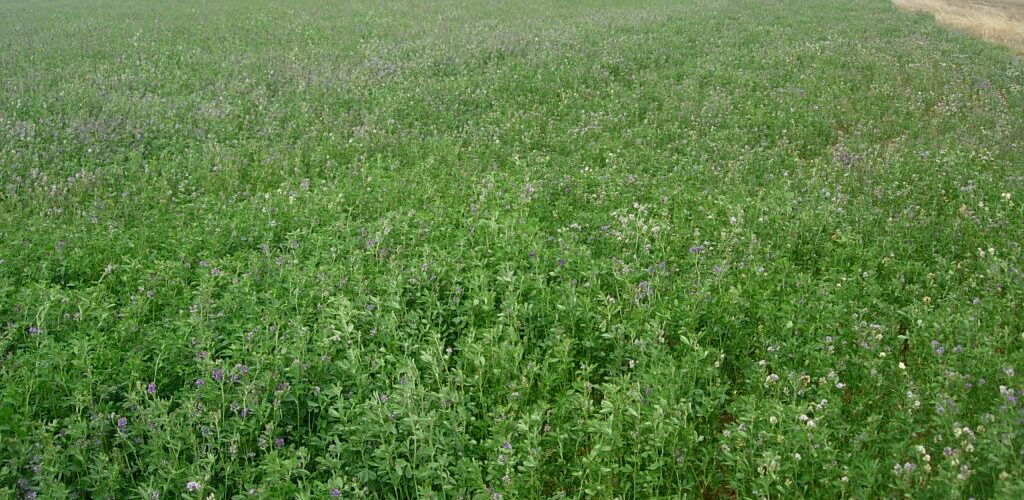Project Overview:
In Moldova, the agricultural sector faces significant challenges due to soil degradation, climate change, and limited access to sustainable farming practices. Recognizing the potential of Lucerne (alfalfa) as a resilient crop that improves soil health and provides high-nutrient feed for livestock, we conducted a comprehensive feasibility study to assess the viability of large-scale Lucerne cultivation.
Our Approach:
- Soil Analysis: We began with a detailed analysis of soil conditions across various regions in Moldova, identifying the most suitable areas for Lucerne cultivation.
- Economic Assessment: Our team conducted a thorough economic analysis, including cost-benefit projections, potential market demand, and profitability assessments.
- Sustainability Focus: We emphasized sustainable farming practices, recommending crop rotation with Lucerne to enhance soil fertility and reduce the need for chemical fertilizers.
- Stakeholder Engagement: We worked closely with local farmers, agricultural cooperatives, and governmental agencies to ensure the study’s recommendations were practical and aligned with local needs.
Results:
The feasibility study provided a clear roadmap for the successful cultivation of Lucerne in Moldova, highlighting its potential to enhance soil health, increase farm profitability, and contribute to the country’s agricultural sustainability goals. The project has since attracted interest from local farmers and investors, leading to pilot projects in the recommended regions.

